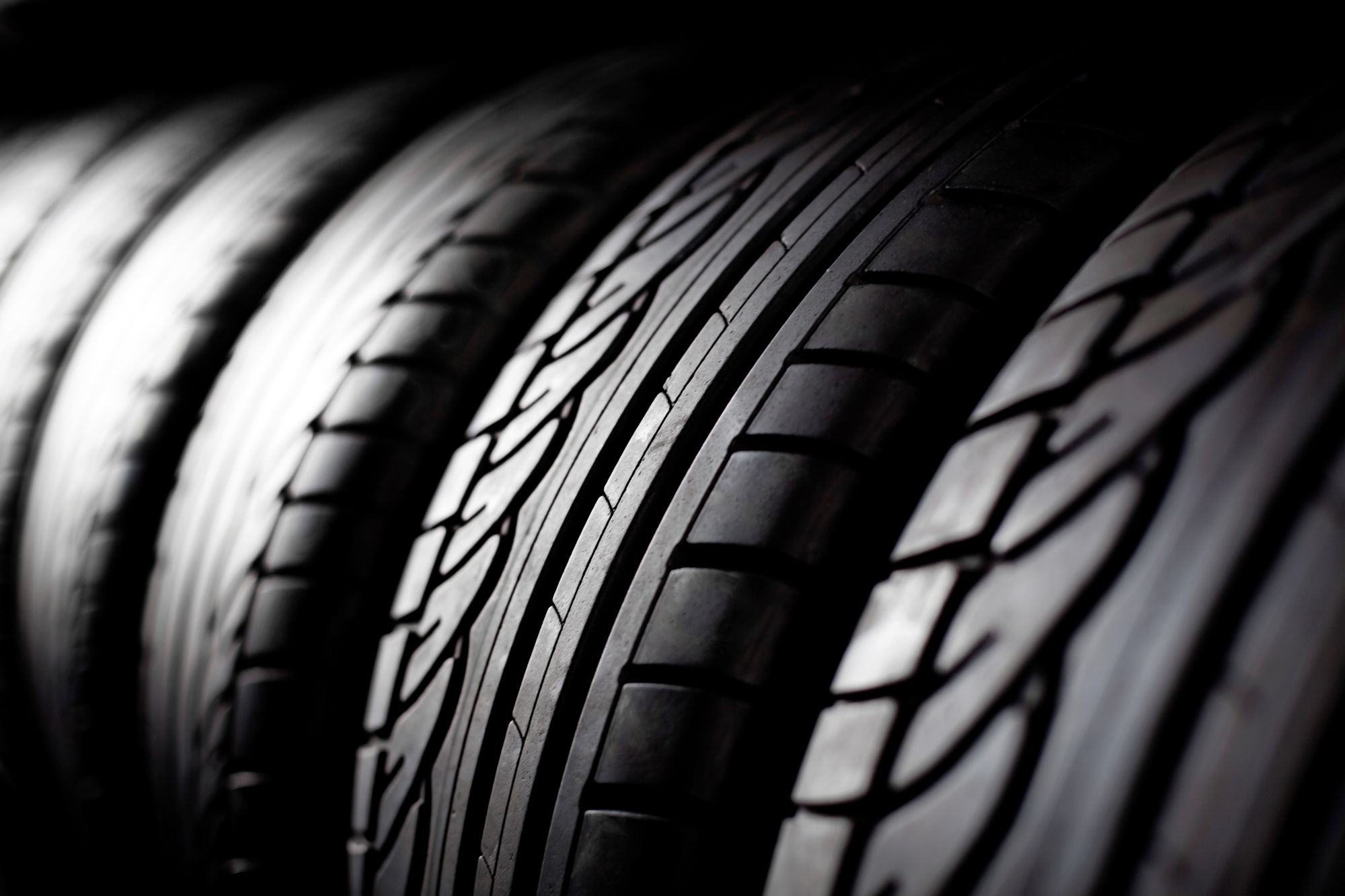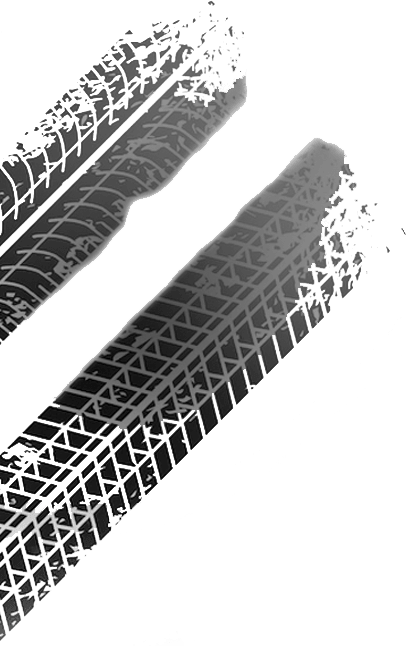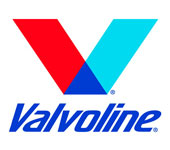
Purchasing New Tires - Maintenance & Services
Choosing the Right Tires for Your Vehicle
Tires are one of the most important safety components of any vehicle. They are your car's only point of contact with the road, meaning all safety systems-like antilock brakes and stability control-depend on proper tire performance. Without regular tire maintenance, your tires may lose traction, compromise braking power, and put your safety at risk.
Understanding Your Tire Maintenance Schedule
No tire lasts forever. Even with advances in tread technology, factors like vehicle type, driving habits, and road conditions can shorten a tire's lifespan. That's why it's important to follow a consistent tire maintenance schedule based on your owner's manual or advice from certified mechanics. Keeping up with tire rotations, pressure checks, and tread inspections can significantly extend your tire's life and keep your ride safe and smooth.
Don't Ignore the Tire Maintenance Light
When the tire maintenance light appears on your dashboard, it's not something to brush off. It could indicate low tire pressure, uneven tread wear, or an overdue inspection. Addressing this early can prevent costly repairs or dangerous blowouts. If you're unsure why the light is on, stop by Forest Brook Automotive in Lynchburg, VA and we'll get your tire health back on track.
We offer the following services to help you prolong the life of your tires:
Alignments
Wheel alignment (or simply alignment) is standard car maintenance that adjusts the angles of the wheels to match the manufacturer's specifications. With proper wheel alignment, the vehicle's suspension and steering systems operate correctly, reducing tire wear.
Alignment is one of the more complex tire services that experienced mechanics should handle. At Forest Brook Automotive, our technicians use an alignment machine to adjust suspension angles that influence tire position and movement appropriately. We make changes while ensuring the steering wheel remains centered.
Balancing
Balancing, like alignment, is essential for a smooth ride and longer tire life. You may not know this, but the size, shape, and weight of your car and truck tires aren't the same. To counteract these differences and ensure all four tires are equal, manufacturers put metal weights on them.
Over time, damage, imperfections or blemishes in a vehicle tire or rim will make one section of the tire heavier. The result? You'll feel a wobbling or jumping when driving your car or truck. You may hear the bouncing, sense it in the floorboard or your seat, or feel it as you grip the steering wheel. If you look at your tires and notice a cupped or scalloped wear pattern, it's time to take your vehicle in for an evaluation and, if needed, balancing service. In addition to balancing when you notice problems, the team at Forest Brook Automotive recommends wheel balancing with each tire rotation or repair.
Tire Repairs
If a tire goes flat because of a puncture, we can repair it if the hole is in the tire tread and less than ¼-inch in diameter. It's also possible to save a tire with multiple tread punctures if the holes are at least 16-inches apart. It's tempting to try a quick fix like a tire plug or sealant on your own. We recommend using these D.I.Y. solutions only as an aid to get you to a professional auto repair shop.
Although Forest Brook Automotive mechanics are highly skilled, they'll tell you it's time to replace a tire with a sidewall puncture, tread separation, or significant cuts. If the tires are repairable, our certified technicians will make sure repairs are correct and complete, getting you back on the road with peace of mind.
Tire Inspection
When you bring your vehicle to Forest Brook Automotive for routine maintenance like an oil change, we recommend a tire inspection (including the spare tire). Our team checks the tire tread and sidewalls for irregular wear, cuts, cracks, scrapes, bulges, and snags. We also look for evidence of any punctures from nails, rocks, or other foreign objects. Stones and glass can easily embed in tires without causing an immediate flat. We'll remove this debris to prevent further damage and confirm tire inflation (air pressure) meets manufacturer guidelines.
We'll talk to you after the inspection about any problem areas and how to resolve them. For example, low air pressure, too much weight in the vehicle, and even long-term parking can cause tires to wear faster. It's important to note that seasonal changes can affect tire pressure. Cold air is lighter, and you may see tire pressure drop when winter sets in. Be sure to stop by Forest Brook Automotive if you need help checking tire condition.
Tire Rotation
We recommend rotating your vehicle tires, shifting their positions to ensure even tire wear and extended tire life. Some tire mileage warranties require regular rotation to remain valid.
The technicians at Forest Brook Automotive use appropriate rotation patterns. Tires on the vehicle's front axle have a different function than rear wheels. For example, a front-wheel drive car or truck relies more heavily on front tires compared to a rear-wheel or all-wheel drive vehicle. Performance cars may experience more severe tire wear than a family S.U.V. Rotating the tires evens out any differences in wear. Your vehicle owner's manual will tell you how often to rotate your tires, but generally, plan on scheduling tire rotation after every 5,000 to 8,000 miles.
Choosing the Right Tires for Your Vehicle
When it's time for new tires, choose ones that perform well in braking, handling, and wet conditions. If winter traction matters in Lynchburg, that should factor in too. The team at Forest Brook Automotive can help you pick the right tires and create a tire maintenance schedule to match your driving needs.
We offer most major brands of tires. These are a few of our preferred brands.



Tire Maintenance Related FAQs
Is it okay to mix tire brands on a car?
Sometimes mixing brands and models on your car is unavoidable, but having a complete matching set is best. If possible, use the same tire on the front or rear wheels. While it's not usually advised, you can mix different tire brands on the same car, if you follow a few simple guidelines.
Those include: never mix winter tires with all-season or summer tires; and to not mix run-flat tires with non-run-flat tires. For guidelines in the Lynchburg area, give us a call at 434-239-4561.
What are the benefits of rotating my tires?
Tire rotation ensures even wear, extending the life of your tires and promoting a smoother, more balanced ride. It also improves handling and reduces the risk of uneven traction.
At what mileage should I rotate my tires?
Most manufacturers recommend rotating tires every 5,000-7,500 miles. However, this can vary depending on your vehicle's drivetrain and driving style. Let Forest Brook Automotive in Lynchburg help determine the ideal rotation schedule.
Does my tire warranty influence my rotation schedule?
Tire manufacturers know that tire rotation is important for even tread wear. Tire mileage warranties are most often set by the manufacturers with tire rotations included. Failing to rotate your tires may void your tires manufacture warranty.
How does snow tire usage influence rotation decisions?
If you have snow tires check your tire pressure and rotate your winter tires on a regular schedule. Rotating snow and winter tires is important to maintaining even treadwear and preserving maximum traction in icy conditions.
To learn more about our Tire services, call us at 434-239-4561 or request a quote by clicking below:
Request Quote
Discover More About Tire Repair/Purchasing New Tires At Forest Brook Automotive in Lynchburg
Inspections & Emissions
Brake Repair
Car & Truck Care Services

OUR REVIEWS


Karen H.I want to thank you for getting me in and looking at my car. I came down on vacation and ended up with an oil leak. You took the time and helped me as much as you could. Just want you to know I made it home. Again thank you!!

Get free Coupons
Take advantage of these great offers!










